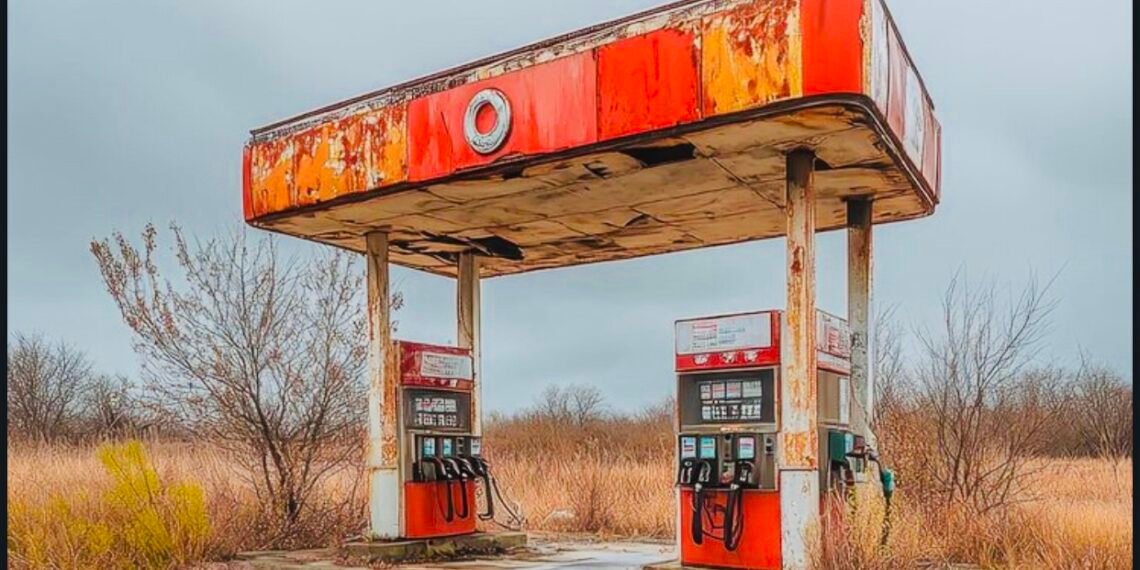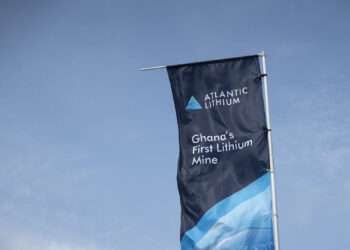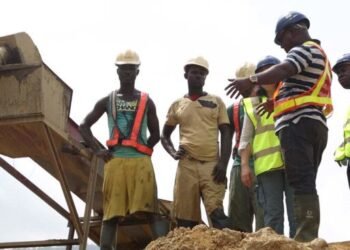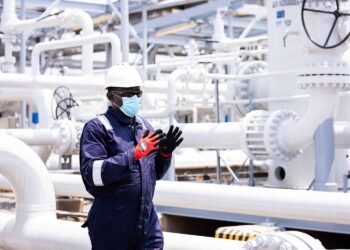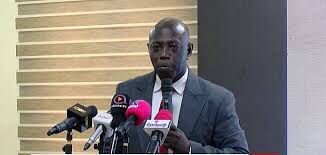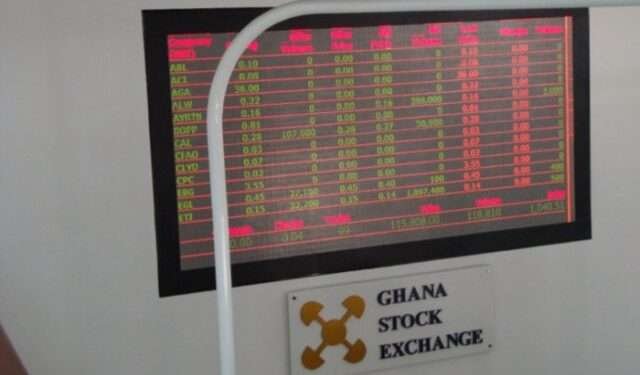The Chamber of Oil Marketing Companies (COMAC) has initiated investigations into what it describes as suspicious and inflated petroleum consumption data reported by some of its member companies for the first half of 2025.
The Chamber expressed alarm over “abnormally high” figures, particularly in the Upper East and Upper West regions, where fuel consumption reportedly surged far above industry projections.
COMAC fears the discrepancies may point to potential manipulation of data for financial gain under the Unified Petroleum Pricing Fund (UPPF), managed by the National Petroleum Authority (NPA).
Chief Executive, Dr. Riverson Oppong, stated that the Chamber had detected irregularities in reported fuel volumes that are inconsistent with demand patterns and historical data.
“Some of these numbers simply do not reflect the reality on the ground.
“The industry projection for 2025 showed moderate demand growth, yet the reported figures are significantly higher. This raises legitimate questions about data accuracy and integrity.”
Dr. Riverson Oppong, Chief Executive of the Chamber of Oil Marketing Companies (COMAC)
Unusual Growth in Fuel Volumes

According to COMAC’s preliminary review, the Upper East Region recorded the highest growth in fuel supply volumes at 80.23%, followed by the Ashanti Region, which posted a 22.20% increase.
The Upper West and Eastern Regions also saw double-digit growth, while no region recorded a decline in consumption in the first half of 2025 a stark contrast to 2024, when the Volta Region recorded a 3.85% drop.
Dr. Oppong said such patterns are “statistically improbable” given the macroeconomic conditions and historical consumption trends.
“Indirectly, we’re telling you that there are concerns with some of the figures our outlook projected, and therefore we’re seeking engagement with the regulator, the National Petroleum Authority.”
Dr. Riverson Oppong, Chief Executive of the Chamber of Oil Marketing Companies (COMAC)
He added that the Chamber had formally written to Moari Oil and Yass Petroleum, two companies whose reported data appear most inconsistent, demanding full disclosure for independent scrutiny.
Possible Manipulation of UPPF Data

COMAC suspects the inflated numbers may be linked to attempts by some players to access higher reimbursements from the Unified Petroleum Pricing Fund (UPPF), a mechanism established to subsidize the cost of transporting fuel to remote areas, ensuring uniform prices nationwide.
The Board Chairman of COMAC, Mr. Gabriel Kumi, described the situation as “deeply troubling,” calling for a complete overhaul or scrapping of the UPPF.
“The fund, which is paid by consumers through every litre of fuel purchased, is being abused by certain members within the value chain.
“It is time for a review or outright removal from the petroleum price buildup.”
Mr. Gabriel Kumi, Board Chairman of COMAC
Industry experts say such manipulation, if proven, could distort pricing structures and unfairly divert funds meant to support equitable distribution across regions.
COPEC Backs Probe, Demands GRA Involvement

Backing COMAC’s call for transparency, the Executive Secretary of the Chamber of Petroleum Consumers (COPEC), Mr. Duncan Amoah, also raised red flags over what he termed “ghost numbers” appearing in petroleum sales data.
Mr. Amoah urged the Ghana Revenue Authority (GRA) to launch its own investigation, arguing that if the reported fuel volumes were genuine, the government’s tax receipts from petroleum sales should have increased accordingly which has not been the case.
“As far as petroleum volumes are concerned globally, the figures are normally driven by demand.
“So, where there are no higher demand and prices are simply lower, you cannot force demand to inch up simply because prices are lower.”
Mr. Duncan Amoah, Executive Secretary of the Chamber of Petroleum Consumers (COPEC)
He also noted that consumption spikes typically occur during colder months or periods of heightened industrial activity, not in the first half of the year. “A 17% surge before December, when most economic activities slow down, is highly unusual,” he said.
“It is not just COMAC that should be interested.
“The Ghana Revenue Authority must also look into this because if these numbers are real, it means the state should be receiving more in taxes year-on-year and that’s not what we’re seeing.”
Mr. Duncan Amoah, Executive Secretary of the Chamber of Petroleum Consumers (COPEC)
COMAC insists that restoring transparency is critical to maintaining public trust and protecting consumers.
The Chamber said it will collaborate closely with the National Petroleum Authority, the Ghana Revenue Authority, and other relevant agencies to complete the investigation and publish its findings.
For now, COMAC says it will continue engaging with member companies to strengthen internal compliance systems and enhance monitoring frameworks to prevent future discrepancies.
READ ALSO: Market Cheers as Ghana’s Treasury Auction Breaks Four-Week Drought with 15.8% Oversubscription

